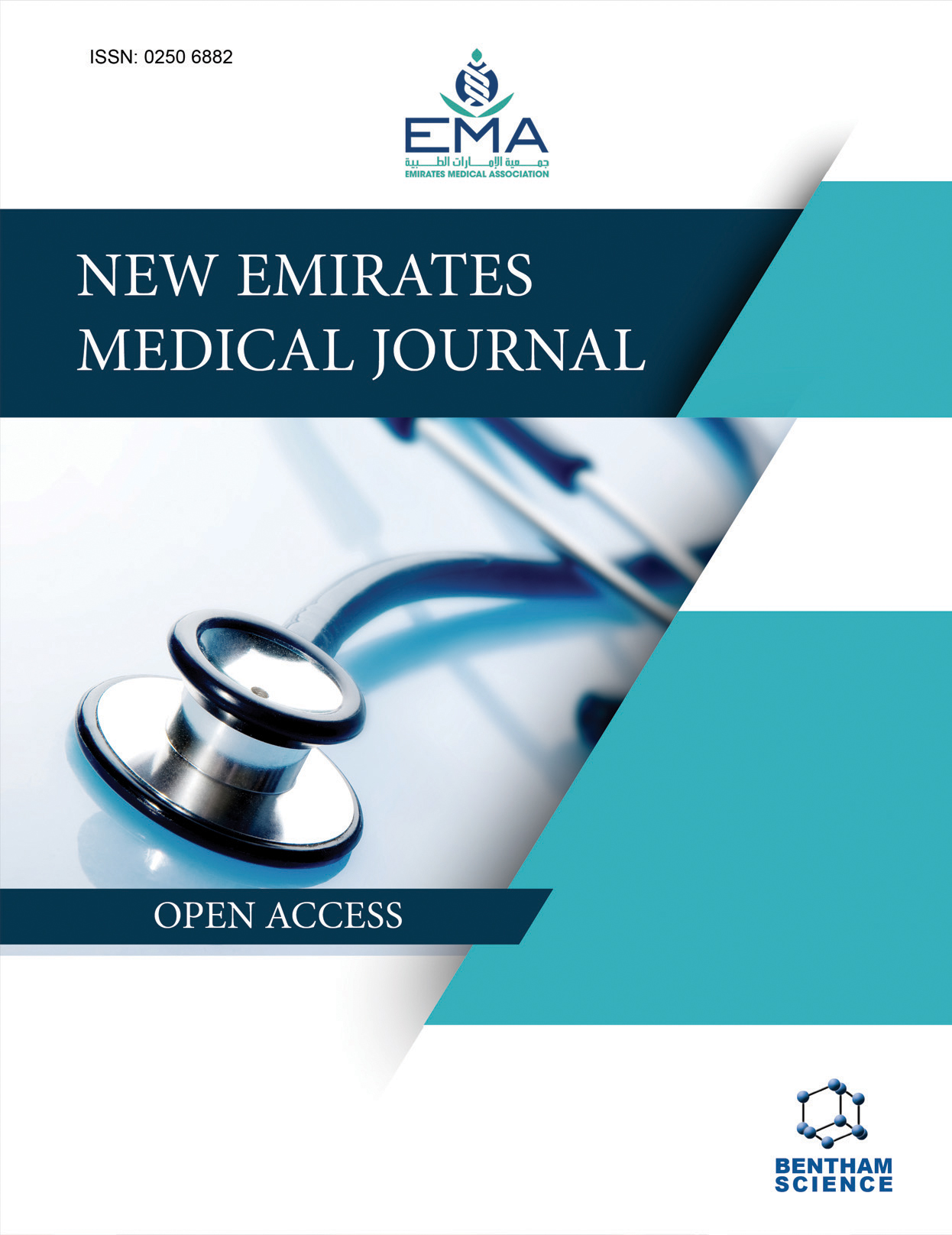-
oa Prevalence of ABO Blood Grouping among Hemodialysis Patients in Dubai
- Source: New Emirates Medical Journal, Volume 3, Issue 2, Sep 2022, e310522205460
-
- 10 Dec 2021
- 29 Jan 2022
- 01 Sep 2022
Abstract
Beyond their vital role in blood transfusion, ABO antigens were speculated to be involved in developing various human illnesses, including infectious, neoplastic, cardiovascular, and many others. Many researchers attempted to highlight the relationship between kidney disease and ABO phenotypes. The majority of these reports showed a predominance of blood group O antigen among patients with chronic kidney disease, while few had opposed these findings. We aimed in this study to elaborate on blood group typing among our hemodialysis patients and whether it has a prognostic effect on the overall mortality.
This is an observational, cross-sectional, retrospective study among chronic adult hemodialysis patients being dialyzed at Dubai Hospital over the past six months, from Jan 2021 till June 2021. The patient's demographic characteristics (age, sex, etiology of chronic kidney disease, medical comorbidities, and blood groups) were retrieved using an electronic hospital medical record system.
Our study population constituted 224 hemodialysis patients; their mean age was 55.4 years (16-94 years), 83.6% were UAE nationals, and 59.8% were males. Diabetic nephropathy was the etiology of end-stage kidney disease in 46%. ABO blood group distribution among our study population was as follows; group O was the commonest (45%), followed by group B positive (23%) and A Positive (20.9%). Among the UAE national patients group, O+ constitutes 46.9%, followed by B+ in 24%, and A+ in 21%. Nevertheless, group O+ was still the commonest among the non-national hemodialysis patients in 37.7%, A+ in 28.8%, and B+ in 24.4%. Additionally, group O-positive was the predominant group among all diabetic dialysis patients (47%). Nine patients died during the study period of different causes; out of them, 4 patients (44.4%) had group O positive.
Blood group O was the commonest blood group among our hemodialysis patients. Additionally, it was the commonest group in all diabetic dialysis patients. More studies from Arab countries are needed to comprehend the relationship between ABO blood phenotypes and kidney disease and whether certain blood groups have any role in a patient's progression to ESKD.


